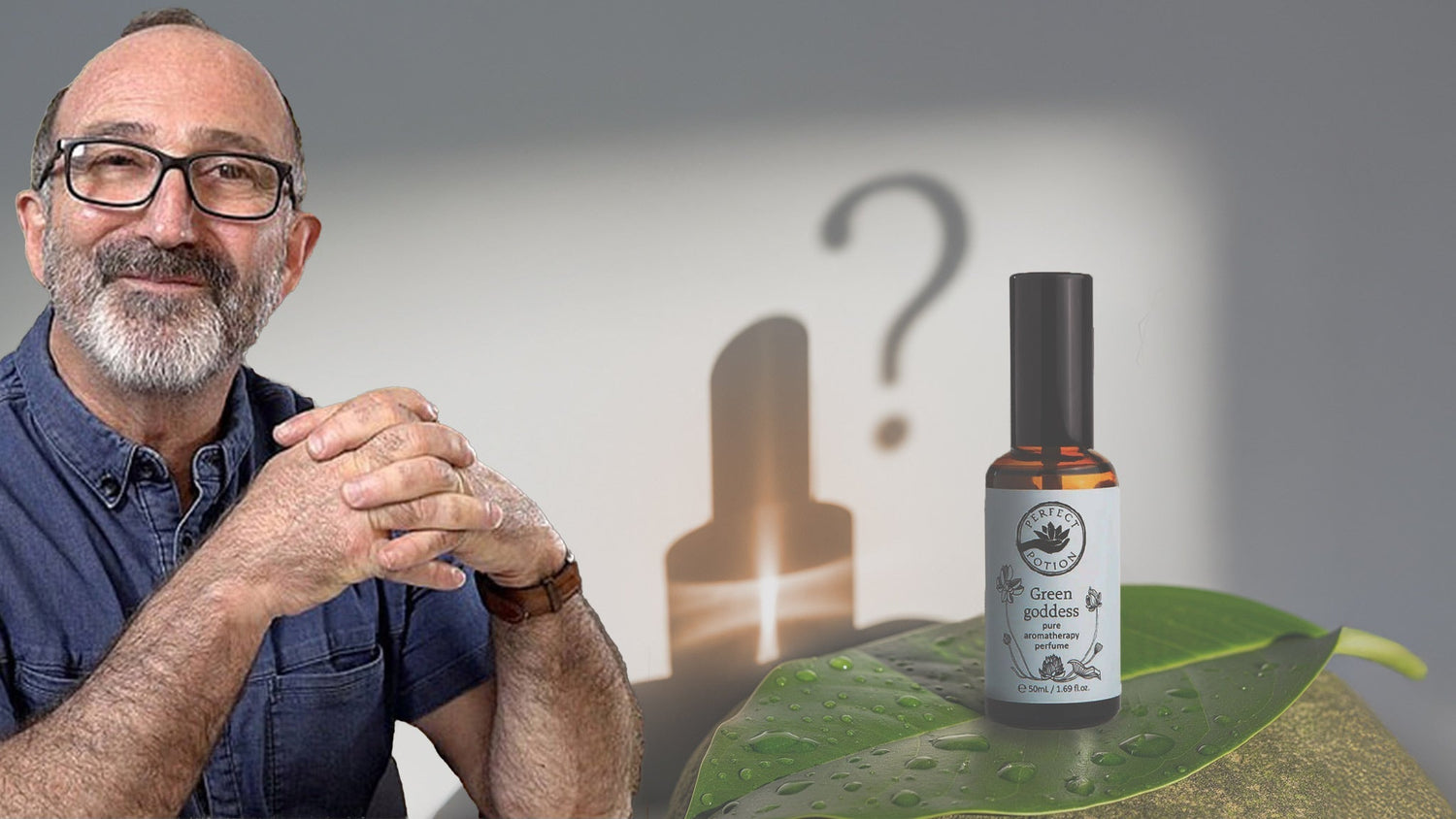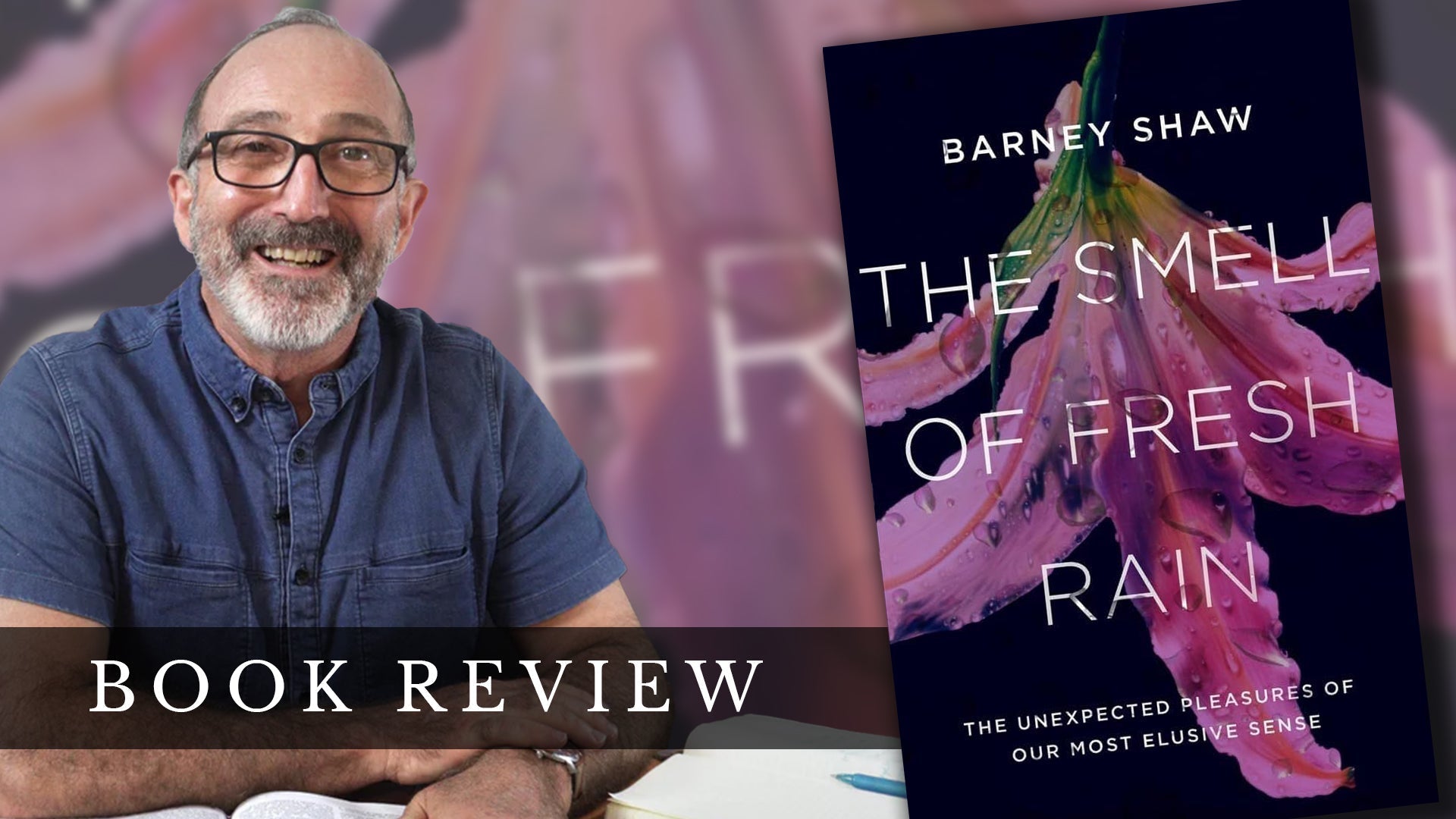I came across an insightful article in CosmeticsDesign Europe titled “What makes someone buy a perfume they have never smelled before?” by Sarah Cohen, published on 17 July 2025.
Sarah Cohen, the author of the article, explores the psychology of scent selection and what motivates people to wear perfume. This is a topic we will be exploring in more detail in Module V—Biology and Psychology of Perfumery—and throughout the entire course.
Cohen notes that online channels will soon account for one-third of all beauty sales, which raises a critical question: how can you effectively sell a fragrance to someone who cannot smell it first?
To answer this, Cohen interviews consumer psychologist Catherine Jansson-Boyd about what drives a person to buy a perfume they have not smelled. Jansson-Boyd reminds us that consumers often choose a scent that they believe has the ability to represent who they are or who they wish to be. Perfume is also a powerful tool for shaping our mood, allowing consumers to influence how they feel. Therefore, Jansson-Boyd suggests using emotion-based words to help forge a deeper connection with a scent.
Some of the key takeaways we can learn from the article are:
Strong Visual Storytelling and Branding
A perfume's name, brand story, bottle design, and marketing imagery can create a powerful emotional connection. The description of notes, the history behind the scent, or a brand's reputation for quality can persuade a consumer to make a purchase based on a compelling narrative alone. However, this will never be a complete substitute for the scent itself.
Trust in Reviews and Recommendations
Online reviews, testimonials, and content from social influencers on platforms like YouTube and TikTok are a huge factor in blind-buying. When it comes to online reviews, it's important to be aware that they are not always authentic, which can be a significant challenge. Nevertheless, consumers often trust the opinions of others with similar scent preferences, making them feel more confident in taking a gamble on a new fragrance.
Gamification
What Jansson-Boyd refers to here is the creation of quizzes and games that allow consumers to find a fragrance that matches their mood. She explains that games make us process information and remember it better later on because we have actively engaged with the content. Even if people don't buy immediately, they will remember the fragrance, unlike something they only fleetingly look at, which is less likely to be stored in their long-term memory.
Practicality and Community
For some, blind-buying is a necessity due to a lack of local stores where they can sample fragrances. These consumers often rely on online communities to navigate the world of perfume. Blind-buying can also be a part of the "hobby" of collecting fragrances, where the excitement of a new, unknown scent is part of the fun.
Understanding Scent Profiles
Experienced perfume enthusiasts may feel confident in blind-buying because they have a well-defined preference for certain notes or fragrance families (e.g., woody, citrusy, or floral). They can often predict whether they will like a scent based on its listed ingredients, even without smelling it.
Ultimately, while the experience of a perfume is intrinsically linked to the sense of smell, the decision to purchase is influenced by a complex web of sensory cues, social trust, and brand messaging. This highlights the importance of crafting a strong brand identity and narrative, in addition to creating a beautiful fragrance.




